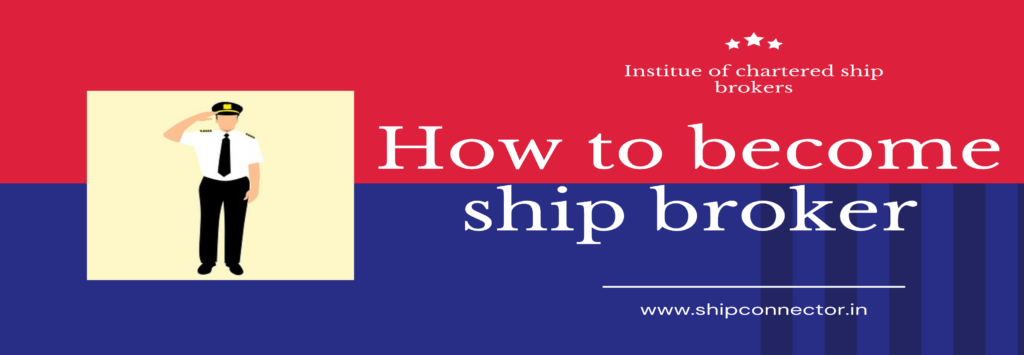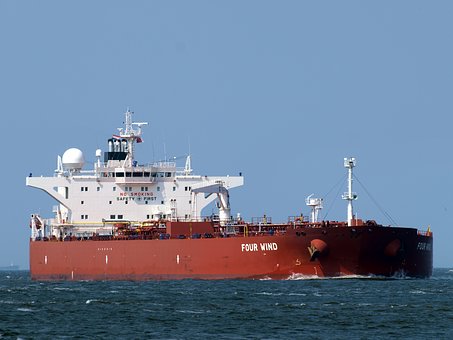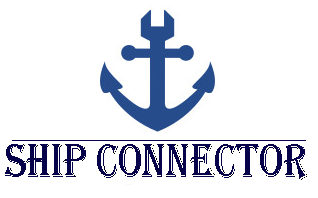How to become ship broker
Easy Guide on how to become ship broker
Shipbrokers are people who act as intermediaries/negotiators between ship owners and charterers.
Ship brokers are just like Real estate brokers who acts as middle man between buyer and seller and help both of them to fix the deal.
Similarly Shipbroker acts as middle man between Ship Owner and Ship Charterer.
Ship Owner as the name suggests is the Owner of the ship, whereas Ship Charterer is a person who hires a ship for particular voyage to transport cargo from port A to port B.
Ship Brokers can also be found in the sale and purchase of ship, helping buyers and sellers in negotiation.

For Course booking contact us on +91-9568629006 or [email protected]
Contents
Key Skills & Qualification from a Ship Broker
Degree/diploma in Commercial Shipping degree or similar commercial qualification.
Client management/relationship skills.
Experience with clean/dirty/products/oil.
Strong personal drive with entrepreneurial nature.
Ability to negotiate is vital as this is a principle skill requirement in Ship Brokering.
Accounting and numeracy skills understanding ability.
Excellent presentation skills will be required.
Good verbal and written skill in english language.
Knowledge in Microsoft office, ie Word, Excel and using Gmail.
Types of Ship Brokers
Dry Cargo brokers- Dry Cargo brokers are typically specialists in the chartering of Bulk carriers
Types of ships engage in bulk cargo business
Capesizes
Panamax and
Handysize
Tanker broking – Tanker brokers are people who are specialists in oil tankers.
Types of ships engage in oil/gas cargo business
Crude oil carrier
Gas carrier
Oil Tanker
Product carrier
Chemical tanker
Container broking – Container brokers are people who are specialists in container ships.
There is one more Ship Broker other these types of broker who is called as Sale and purchase broker
Sale and purchase – Sale and purchase brokers are also called as S&P brokers, they generally handles the buying and selling of new or used ships
S&P brokers main role is to analyze the market trends and best advise to the ship-owners, report on sales, value vessels, calculate freight earnings, advise on finance and try to find ships for specific employment opportunities.
When a ship is sold, brokers usually negotiate on behalf of the buyer and seller on price,second thing on which negotiation happens is terms & conditions
Brokers also resolves any disputes which might arise between Owner and Charterers.
Role of the ship broker
TO FIND SHIPS FOR THE CARGO AND CARGO FOR THE SHIPS
The role of the ship-brokers is to find suitable ships for the cargo which his client (the charterer) wants to transport from one port to another.
This function requires an :
In-depth knowledge of ship and cargoes
Information about Ports
Loading and discharging of various cargoes on different ports
Weather patterns
Demand and supply of ships
One of the main task for a ship broker is to manage e-mails which he receives from( cargo and ship position) from a hundred sources ,sometimes broker needs to handle over a thousand emails in a day.
SOURCE OF INFORMATION
Fixtures’ concluded
market reports
Deep information about ports is required, the economic situation and government policies of the country where loading/discharging is happening
Weather and forecast as it plays vital role in calculating laytime
The shipbroker tracks the shipping market closely and act as the ‘eyes and ears” of the owners and the charterers.
Information about the Port position
Vessel availability
AS A RESOLVER
Even though both the parties enter into an agreement and there are arbitrage facility available, ship-broker are also approached to help resolve any disputes that may come up in spite of the precautions.
Whenever there is legal disputes between owner and charterer it takes lot of time and money both parties normally accepts unbiased solution from a broker, both parties avoid going for costly litigation.
Usually the parties approach to judicial/other dispute resolution after the intermediaries fail.
AS AN ADVISOR
Ship brokering houses have their own research team,their work is to collect data and analyse them.
Analytical reports are then pass on to their clients
The Baltic Exchange every day publishes information on fixtures concluded with the help of and some leading ship brokers
The broker is advise on the ongoing market rates and availability of cargoes/ships etc.
PRE FIXTURE
Required Information:
Charterer’s & Shipper’s market reputation and their background
Type of cargo, quantity, stowage factor of the cargo
Loading port and discharging port
Loading and discharging rates
Commission details
Laycan (shipment date)
Charterer’s and Shipper’s reputation
Last few shipments , business address and contact details, (PIC)person in charge
Cargo position if it is in the port or when it is expected to arrive
Possibilities to improve loading/discharging rates
Address commission applicable or not
FIXTURES
Fixture starts with the process of negotiation.
Ship owner quote’s his rate
Ship owners initial rate offer to be sent to the charterer for final counter
If the rate offer match with charterer, complete terms and conditions of the charter is passed to the ship owner for review
Charterer may agree or change some terms which must be sent to the ship owner for confirmation
Agreement is concluded once both agree to term and conditions
Ship’s details including ships certificates is collected and sent to the charterer
The final fixture recap is prepared and both the parties confirms it
Final confirmation that all subs lifted
Charter party is signed by both parties
The fixture is now complete.
POST FIXTURE
The Ship Broker job after fixture is to ensure that the charterer/ship owner has nominated an agent at the ports
Ensure that the LP (load port) agent has received the nomination from ship-owner in order to nominate the ship with the port
Monitor the agents, stevedores, shipper,
Monitor cargo movement in port on a daily basis
Status of B/L (Bill of lading) drafts are confirmed in time
Loading speed, loading berth, weather conditions must be monitored entered in log book and reported on daily basis
Ship owner and charterer must be informed daily either by email or any other communication method about current stage of loading process
NOR ( Notice of readiness)+SOF(Statement of fact) must be completed upon completion of loading
Status of demurrage occurred or not
After the cargo is completed receive, check & send freight invoice
POST FIXTURE DISCHARGING
Extra checks required in loading port
Payment of freight and commission
A copy of swift transfer is ready
Discharge port agent (DPA) receives the nomination together with ETA
Monitor the ships ETA to discharge port and waiting time /queue on a daily basis
Monitor and report discharging process, holidays, weather conditions etc
NOR+SOF must be checke for demurrage
Final calculations of discharge port demurrage must be calculated and payment
Below are listed some of the big ship brokering houses
1. Clarksons
2. RS Platou
3. Braemar Shipping Services
4. ICAP Shipping
5. SSY
6. Maersk Broker
7. Poten & Partners
8. Gibson
9. BRS Barry Rogilano Salles
10. ACM Shipping

How much does a ship broker earns ?
The salary of a ship broker mainly depends on
1. Company and its package policy;
2. Qualifications of the candidate
3.Past work experiences
3. Performance in the catogery
4. Performance in the company
Ship broker also earns incentive/bonus on every fixture he does for his company.
At an entry level dry cargo shipbroker would earn around 15000-20000 per month
And with experience he may reach upto 1.5 to 2 lakhs per month.
You may send your number in the comment section or email to us on [email protected] to get admission in top commercial shipping maritime college in India
For more information contact us on +91-9568629006
Related Read : Institute of Chartered Ship Brokers (ICS)
Related Read : Clearing and Forwarding agents
